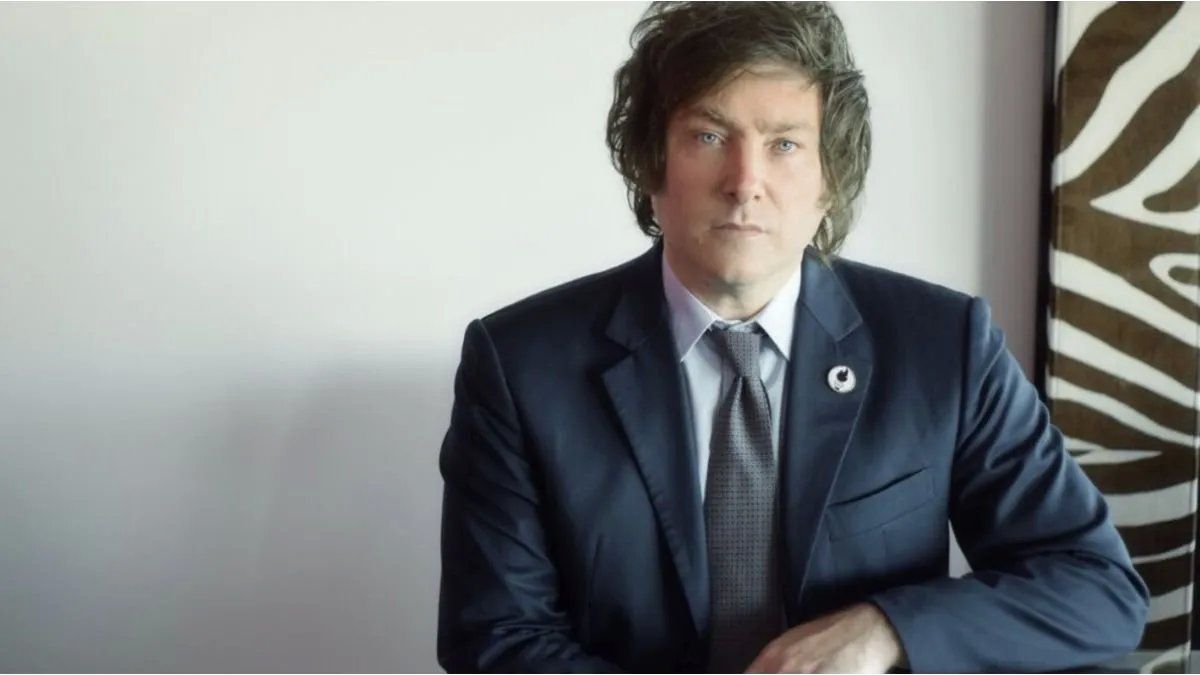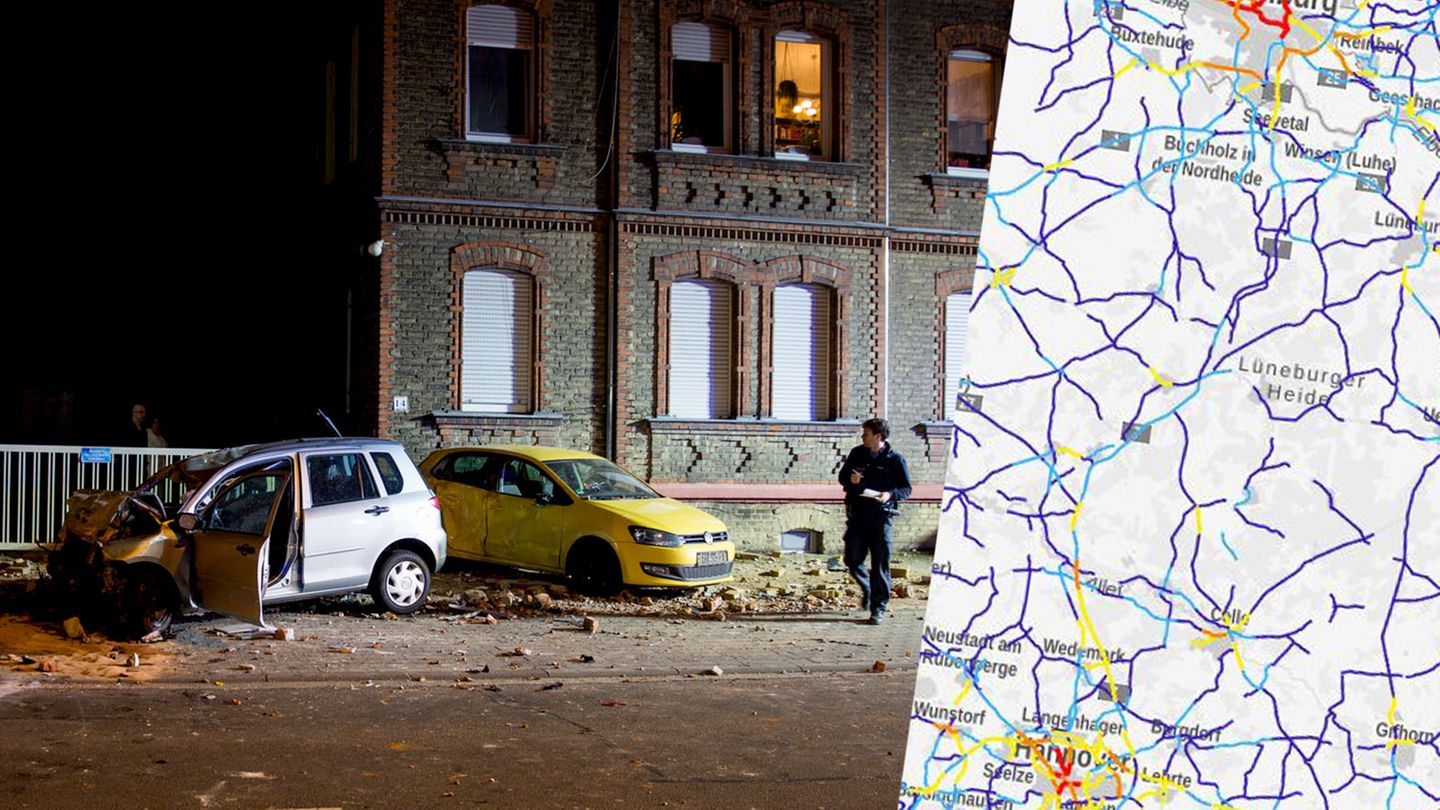God breeds them, cruelty and greed pile them up. Will Milei add two “new faces”? to his economic team, the economist Carlos Rodríguez Braun, former Vice Minister of Menemand Roque Fernandez (before Popular Left Front and UCEDE) former Minister of Economy of the Nation and president of the BCRA during the government of Carlos Menem. The latter, with the coherence and convictions of Patricia Bullrich. Opportunely Roque Fernández spoke of “Coup media” to refer to the attitude that the mass media, mainly newspapers, Clarion and The nation and stated that “The owners of the media say that their objective is the common good, but it is not true: a medium cannot survive if it does not earn money”. Shortly after, Fernández had to apologize for using the expression “coup d’état”.
Rodríguez explained his relationship with miley and his experience as a professional: “At the end of 1978 I returned from the US to join CEMA (N. de la R.-full civic-military dictatorship), where I am still after 45 years.” It is not true, I work for the State. He is the entrepreneur of a university with Foundation deed. C.ompartin the same principles of cruelty and social insensitivity to Milei, as basic pillars of an unjust society. Fernandez and Rodríguez put the country in debt in the nineties and overflowed the fiscal deficitfinanced by his indebted secretary from the same university: Miguel Kiguel, pillaris fundamentalis in the implementation of the convertibility plan which ended with 39 deaths.
In the dynamics of collapse Since the military civic dictatorship, the public debt has multiplied by 50. In 2019 the debt was 590 times that of María Estela Martínez de Perón.
There is a dimension that should be studied further, which is the role played by the community of these experts in neo-quantitative macroeconomics. They have been the true architects and carriers of the dominant ideology since then, with some years of nuances in which populism ruled.
In this community of experts there is a widespread, hegemonic and immovable consensus on the economic policies that Argentina must adopt.: dynamite, destroy, hit more sticks (they have said it without qualms). Therefore, to better understand what happened, it is necessary to deepen the knowledge of this network of influential personalities. Let’s go to the search engines and investigate.
Financial dominance over politics had a lot to do with these key individuals.. And it was not a phenomenon limited to Argentina. The decade of the 1990s, characterized by the Washington Consensus and neoliberal economic reforms in various countries around the world, was the decade of technocratic politicians. EITHER technopols, as Jorge Domínguez (1997) called them. The key Argentine technopol was Domingo Cavallo, who ultimately became the “archenemy” of Fernández and Rodríguez, accusing them of being traitors to the country. Vedetism between monsters of hubris.
The technocracy or “government of the technicians”, defined by Putnam, is characterized by certain beliefs and convictions. Technocrats believe that technique and rational planning should replace the politics of bargaining, support, and concessions. That the technocrat must define his own role, and be free from compromises politicians (they are a caste, which they themselves integrate). They believe that progress or the good sought is achieved through depoliticization. The State, in the technocratic mentality of these former public employees and freeloaders of not paying taxes because they are Foundations, is an implementer of public policies that must be placed “above” social interests.
Rodríguez and Fernández were, in our country, representatives of this lineage of technocrats specialized in neoliberal reforms in the so-called “emerging markets”. Although the list below is not exhaustive, and is based on references and mentions in different texts about it, we selected a set of thirteen personalities much more important, although no less perverse (Cavallo, Aspe, Salinas de Gortari, Zedillo, Gaidar, Lee, Singh, Ozal, Cardoso, Kandir, Malan, Bacha, Franco) from seven countries (Argentina, Mexico, Russia, Taiwan, India, Turkey, Brazil) to describe the profile of the technopol or 1990s technocratic politician. This is actually a much more widespread phenomenon than this group of illustrative cases: A good part of the countries of the planet knew this type of leaders that today they present as “new”.
The trajectories of the thirteen selected cases – all male, it should be noted – had many points in common. All of them became known as economists, and all but two had postgraduate and doctoral degrees from marketing schools of economics.; the two exceptions were Ozal and Cardoso, who came from other academic backgrounds (one an engineer, the other a sociologist and a political scientist), but practiced economics anyway. And all of them built their government careers after having held important public service positions in economic areas. Several of them (Salinas, Zedillo, Lee, Singh, Ozal, Cardoso) were presidents of their countries after having managed economic policy as technicians; Cavallo and Aspe wanted to be, but luck was not with them.
God help us if luck accompanies Milei. Three months from assuming, if he does what he promises; December 2001 is going to look like Disneyland.
Executive Director of Fundación Esperanza. Graduate Professor UBA and Masters in private universities. Master in International Economic Policy, Doctor in Political Science, author of 6 books. @PabloTigani
Source: Ambito




